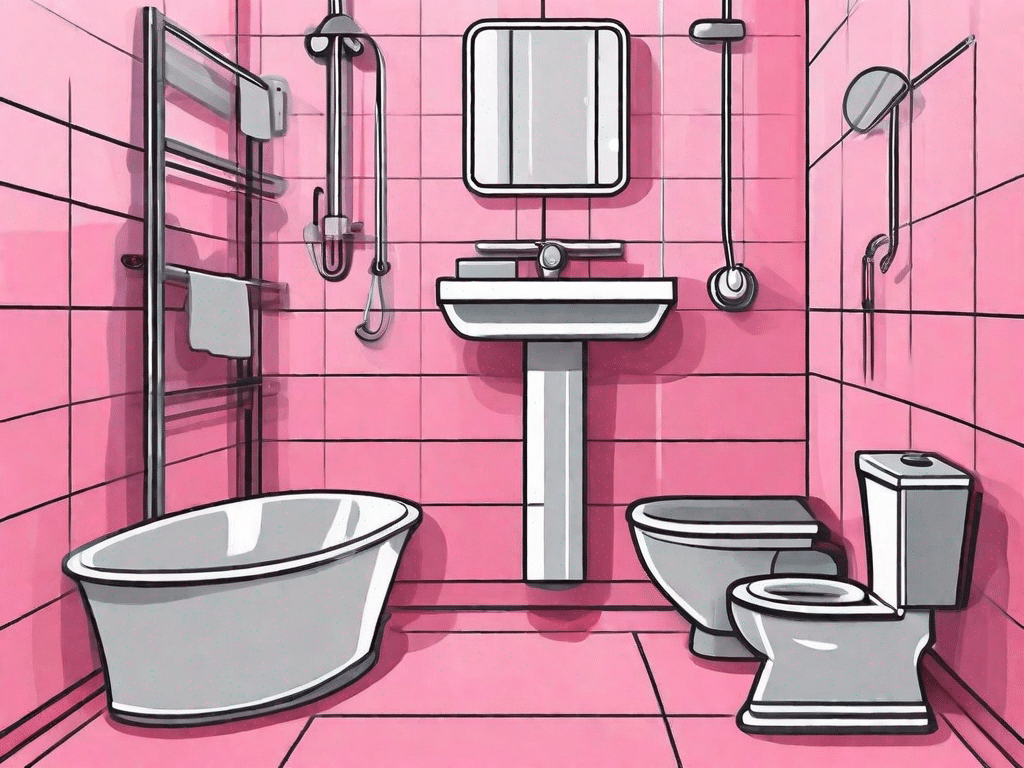

Concerns about climate change mean that the alternatives to traditional heating methods are urgently required. This has led to the ongoing research and development of hydrogen boilers that could see gas boilers become a thing of the past in years to come. Here we explain more about the pros and cons of hydrogen boilers to see if they could be a viable solution.
While there are alternatives to hydrogen boilers, such as solar thermal units and heat pump systems, a big advantage they have is that new infrastructure will not need to be built in order for them to be operational. Hydrogen boilers will be able to operate via the existing gas supply grid making it easy to reach consumers. And because it is only the fuel source that is being changed, that means customers will be able to use the boilers without having to learn new technology, making the switch over much easier.
Compared to fossil fuel, hydrogen has better efficiency as it is denser and contains more energy. One kg of hydrogen is almost equivalent to 3 kgs of fossil fuels, meaning less energy is used to produce the same amount of heat for your home. This offers the possibility that energy bills will also be lower, helping you to save money in the long-term.
The main reason hydrogen technology is coming to the fore is because it is much better for the environment compared to fossil fuels. Boilers have traditionally run on natural gas or LPG and with one third of carbon emissions produced as a result of heating our homes, it comes as no surprise that urgent change is needed. Hydrogen boilers do not create any carbon output as they only produce heat and water, which will have a hugely positive impact on our climate.
The major boiler manufacturers currently working on hydrogen boiler prototypes have made a price-promise to pledge that the new technology will not cost more to buy than traditional fossil fuel boilers. Compared to heat pumps, this will make them much more affordable, as heat pumps systems can cost several thousand pounds to purchase and install (although heat pump costs will eventually start to lower as they become more common place).
While it has not been completely decided, it is likely that the first hydrogen boiler models will use a combination of gas and hydrogen with an 80/20% split. 100% hydrogen tests are being carried out in towns around the UK to see how viable it would be to use in practice, but these are likely to last for several years and will be followed by data analysis and more tests, so domestic use could be some time away yet.
While natural gases are slightly more dangerous, the flammability of hydrogen gas shouldn’t be overlooked. It is harder to detect compared to gas as it has no smell, which means hydrogen boilers will need to include sensors that can quickly detect and shut down boilers in an emergency.
To separate hydrogen from oxygen, non-renewable energy sources such as oil and coal are still used during the process. This slightly lessens the benefits of using hydrogen. Hydrogen boilers will run via electricity, which means fossil fuels are being burnt whenever they are in use.
Compared to gas, hydrogen is much lighter, which can make it more difficult to transport. And when being stored it must be compressed into liquid and kept at extremely low temperatures, which adds further complications. High pressure is needed to store hydrogen, so moving large amounts can be tricky.

If you need help with a plumbing, heating or gas issue then please contact us by calling 020 8419 8866 or you can book an engineer directly by selecting one of the options below.
Read more posts below:

Regular maintenance is crucial for the proper functioning and longevity of any appliance, and gas boilers are no exception. In this guide, we will explore the importance of regular boiler maintenance.

Are you planning a bathroom installation? Whether you're completely renovating your bathroom or just making a few updates, proper planning and execution are essential for a smooth and successful project.

Central heating is a complex system that is essential for keeping your home warm and comfortable during the cold winter months. It’s important to make sure that your central heating system is working properly, but it can be difficult to know who to turn to when something goes wrong, Can a plumber fix central heating?
If you need help please contact us using the details below or fill out the form and we'll be straight in touch.